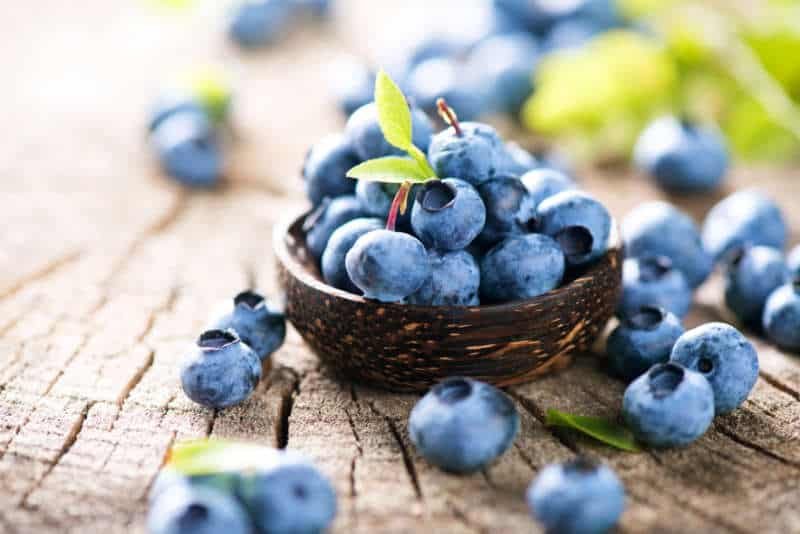Diabetes
Diabetes rates have reached epidemic proportions. In 2014, 422 million had diabetes (source: World Health Organization).
By comparison, that is almost four times the amount of diabetics in 1980 (108 million).
Also, 8,5% of people over 18 years of age have diabetes. In 2015 diabetes caused 1,5 million deaths.

Even though death rates are lower as compared to cancer and heart disease, diabetes is a disease that has a big negative impact on life. Luckily, there is significant evidence that diet influences diabetes. Spectacular results occur, even within days after switching to a whole-food, plant-based diet.
Let’s first take a brief look at the main issue with diabetes: Insulin.
Insulin
When you consume food, your body breaks it down into glucose. The glucose then needs to be transported from the bloodstream to the cells (to give you energy).
In this transportation, your pancreas releases insulin and helps the glucose reach the cells. This releasing of insulin is essential. Your cells won’t accept the glucose if there is no insulin. With insulin absent, the result is that glucose builds up in your bloodstream and stays there.
Besides not absorbing nutrients, over time, the overload of glucose can damage the blood vessels and lead to blindness, kidney failure, heart attacks, and strokes.
Diabetes types 1 and 2 are two different diseases, but both related to insulin.
In type 1 diabetics, the pancreas does not produce insulin.
In type 2 diabetics, the pancreas does produce insulin, but the body is not able to effectively use insulin to transport glucose to the cells. Your body does not respond to the insulin: It resists the insulin.
As we’ll discuss a bit further, fat plays a crucial role in type 2 diabetes.
Diabetes Type 1
Type 1 diabetes is an autoimmune disease in which the pancreas is not able to produce insulin on its own (insulin-deficiency). It’s relatively uncommon as only about 5-10% of diabetes cases are type 1 related.
Type 1 diabetes is incurable, though patients following a whole-food, plant-based diet can have a better quality in life and possibly reduce their insulin medication. Cow’s milk consumption appears to have a strong correlation with type 1 diabetes.
Diabetes Type 2
Type 2 diabetes is much more common (90-95% of diabetes cases are type 2 related) and has an important aspect that makes it different from type 1 diabetes.
In type 2 diabetes, the pancreas still releases insulin, but the accumulation of fat in the cells of your muscles and liver blocks the insulin from doing its duty.
Hence we call that insulin resistance.
The prevention, treatment, and reversal of type 2 diabetes depends on diet and lifestyle.
— Dr Greger (How Not To Die, page 102)
Several significant studies show that the lower the intake of animal foods, the lower the risk of diabetes. An example is Dr. McDougall’s 10-day residential program. Between 2002 and 2011, a total of 1615 people participated in the program (result published in the Nutrition Journal). All participants ate a starch-based diet, which the Nutrition Journal refers to as a vegan low fat diet.
At the 7-day mark, participants saw significant decreases in weight, cholesterol, blood pressure, blood sugar, and more. 90,7% of patients on diabetes medication were able to reduce or even stop their diabetes insulin medications after just 7 days! Read more about the study here:
Blood Sugar and Diabetes
One last note about diabetes: Diabetes is often considered a disease of high blood sugar. In reality, high blood sugar is a symptom of diabetes. It is not the actual cause. Controlling blood sugar levels will not cure type 2 diabetes. Making sure your body is not any more insulin resistant will cure type 2 diabetes.
Book Your Coaching Session
We offer plant-based coaching sessions for those who want to transition to a Whole Food Plant Based lifestyle, or to those who have already started but are facing challenges. The coaching sessions are aimed at offering motivational and practical advice such as cooking, shopping, family challenges, going out for dinner, overcoming psychological challenges, changing habits, and more. Note: No medical advice is given in the consults.

Get Started!
When you transition to a Whole Food Plant Based lifestyle, all sorts of challenges appear on the path. If you are really serious about this, you may need to give up some of your favorite foods and flavors and try to replace them for new ones. You may feel limited at first, but you’ll be surprised by the variety of new foods and flavors. To help you get started, we’ve put together a list of 5 simple food tips.
